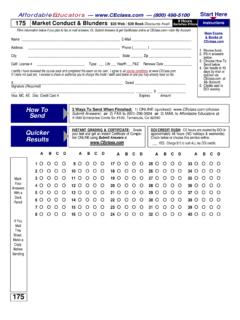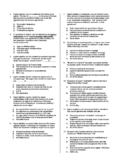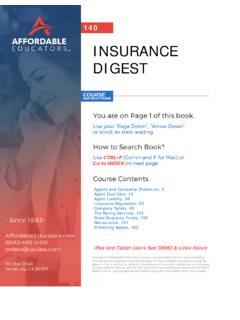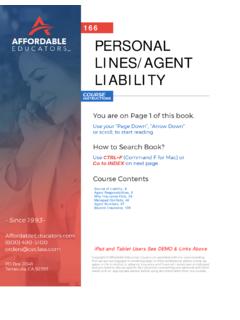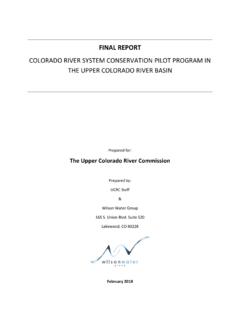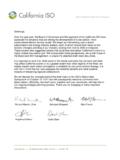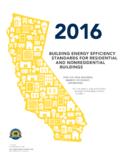Transcription of Book Cover 2018 - california ce, ce, online education ...
1 193. ETHICS 4-HOUR. COURSE. Agent Accountability, 4. Ethics & Market Conduct, 6. Suitability, 37. Consumer Protection, 40. iPad and Tablet Users See DEMO & Links Above Home False financial statements 43. INDEX Forgione V State Farm 37. Goldberg v Barger 25. Advertising compliance 41 Grace v Interstate Life 7. Agent accountability 4 Higher than normal commission 30. Agent Code of Ethics 9 Insurance advertising 40. Agent dishonesty 26 Insurance expert 16. Anderson v Knox 38 Insurance needs, anticipating 39. Asset-default test 32 Integrity 25. Being ethical 7 Lack of skills 25.
2 Bell v O'Leary 7 Legal precedent theory 4. Blind ad 40 Loss control 14. Brill v Guardian Life 4 Market conduct 26. Butcher v Truck Insur Exchange 37 Market conduct & Ethics 6. C-1 surplus 32 Market conduct, defined 7. Campbell v Valley State Agency 16 Matching clients with products 39. Choosing a company 26 McConnell v Ehrlich 26. Choosing product 33 Meaning of suitability conduct 38. Circumventing laws 25 Misuse of position 16. Client for life 8 Moral agency climate 25. Commission, higher than normal 30 Moral and market values 11. Company choices 27 Moral compass 12.
3 Company deals 28 Moral distress 13. Conflicts of interest 30 National v Valley Forge Life 5. Confronting unethical conduct 23 No-fault society 23. Consumer protection 40 Nu-Air Manufacturing v Frank Hall 37. Corecion and intimidation 43 On-going monitoring of policies 28. Cunningham v PFL Life 8 Opt-in 20. Deceptive business practices 44 Opt-out 20. Deceptive name or symbol 44 Personal relationship, legally created 37. Deceptive Trade Practice Laws 44 Personal tort 37. Defamation 43 Policy choices & risk management 34. Discrimination 43 Policy options 37. Dishonesty 26 Preferred Registered Agent 17.
4 Diversification 27 Privacy 18. Ethical conduct 6 Punitive damages 4. Ethical conduct, defined 7 Pure risk vs speculative risk 34. Ethical decision-making 22 Ratification of misconduct 24. Ethical selling 6 Rating services 28. Ethical, being ethical 7 Rebates 44. Ethics 6 Reinsurance 30. Ethics are not laws 17 Reinsurance surplus relief 30. Ethics code 9 Retroceded 30. Ethics defined 10 Risk management 34. Ethics for life 8 Risked base capital 32. Ethics from education 15 Seascape v Associated 16. Ethics from the start 8 Shades of grey 10. Ethics, not laws 17 Smith v Dodgeville 37.
5 Europeon Bakers v Holman 16 Sobotor v Prudential 17. Expert, insurance 16 Southwest Auto v Binsfield 37. Express representations 37 Southwest v Binsfield 4. Home Stakeholders 13. State admission 31. Strong moral compass 13. Suitability 37. Suitability conduct, meaning of 38. Suitability duties 37. Too good to be true 35. Unethical conduct, confronting 23. Unfair competition 46. Unfair Insurance Practices 42. Uniform Consumer Sales Practice 44. United states Post Office jurisdiction 46. Unlawful trade practices 44. Wright Bodyworks v Columbus 17. Home Ethics PART I: 4-Hour Course AGENT ACCOUNTABILITY.
6 Why is a course on ethics important? Yes, the State of california mandates it, but perhaps you might take a keener interest if you knew how you could be effected when a transaction goes bad or client conflict arise. The fact is, you are very accountable and probably very reachable for violating a number of state codes dealing with familiar, and not so familiar, issues such as money laundering, consumer protection, credit scoring, fair trade practices, fair claims practices, fair underwriting practices, fair sales practices, fraud awareness, fiduciary duties, product suitability and compliance.
7 You might better relate to the broader meaning of these terms as market conduct and ethics. A few years ago, no one knew what market conduct meant in the insurance industry. Ethical violations were something bad that happened .. usually to the other guy .. when he got caught doing what everybody else was doing anyway. And, the consequence was typically a slap on the wrist or a license suspension for a few months. Today, however, the stakes are higher. There are class action suits and negligence claims filed against insurers and agents alike amounting to millions of dollars for a variety of legal conduct and ethical violations.
8 Of course, lawsuits involving agents is nothing new. You can find court cases dating back to the early 1800's. What is different nowadays is the trend toward fiduciary responsibility. In essence, the courts and clients are viewing agents as more than mere salesmen. Recent cases, for example, lean toward the legal theory that agents, as insurance professionals, should have known something was wrong compared to years ago where agent liability was generally limited to issues of outright negligence. Back then you had to do something really wrong like forgetting to submit an application or back-dating a policy to file a claim to land yourself in court.
9 Consider two examples: In Southwest v Binsfield (1995), the agent was sued because he should have known that a specific coverage option was important to the business he insured. In Brill v Guardian Life (1995) the agent breached his fiduciary duty by not using an optional conditional receipt. Would you consider these to be breaches of ethical duty or malpractice? In today's litigious society they are nearly one and the same. What is happening is an expansion of a decision by some judge 30 or 40 years ago. Dozens of cases have twisted and distorted the original intent of the law to the point where the level of agent duty has notched higher and higher.
10 This is known as the legal precedent theory. In a nutshell, because our legal system makes legal decisions based on precedents, it is destined to constantly expand. Each decision in the chain sets the stage for the next step of expansion and attorneys get better at convincing juries that agents should be held more accountable. Court Cases Agent accountability can come with a hefty price tag. Consider the following court cases where the actual dollar losses incurred by client victims was extremely low compared to the high punitive damages levied against agents and their insurers: 4.
